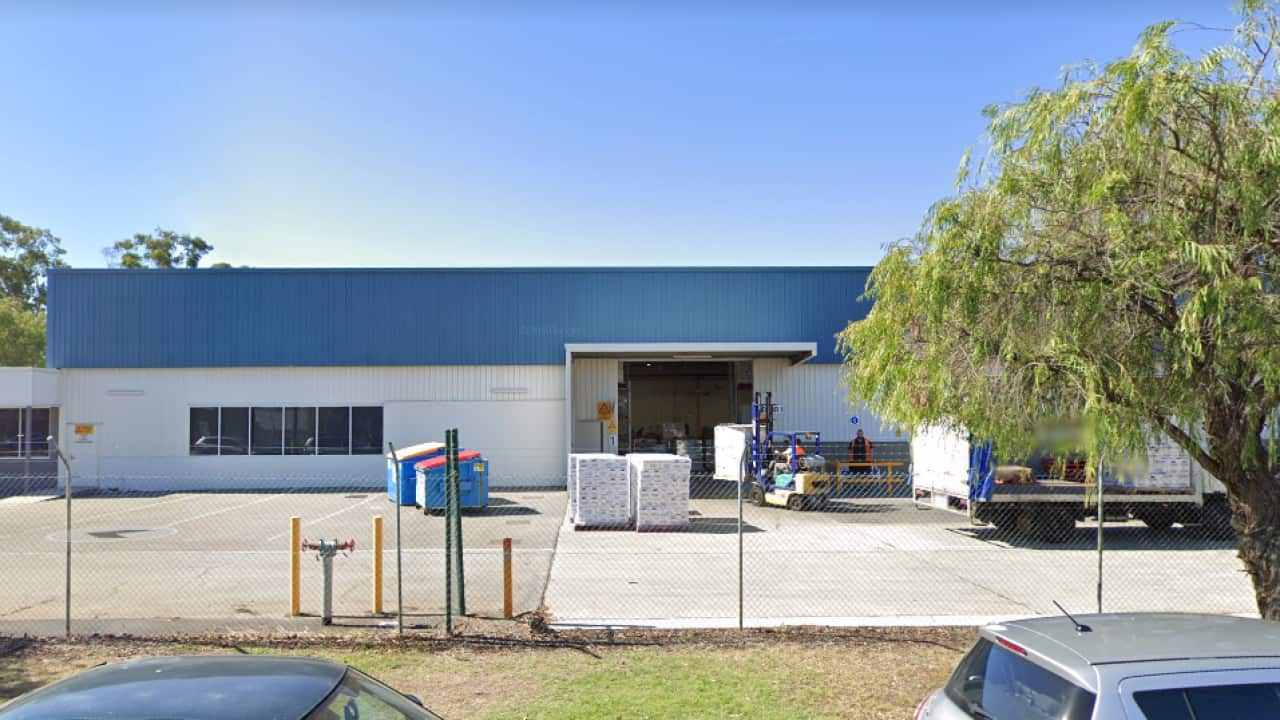The federal government has announced an additional $154 million to support Australians with a disability who are vulnerable to coronavirus, but disability service providers say the response hasn’t gone far enough to ensure the survival of the sector during the pandemic.
The funding comes as a governmental advisory group tasked with developing a COVID-19 response for people with disability finalised a draft emergency plan on Thursday, but without key concerns such as the supply of protective equipment to workers and priority testing having been addressed.
In a joint statement, National Disability Insurance Scheme (NDIS) Minister Stuart Robert and Social Services Minister Anne Rushton said the extra $154 million would go towards a coronavirus loading on some NDIS supports, advanced payments to service providers and a dedicated information hotline.
“The Government is absolutely committed to working with individuals, service providers, peak bodies and other stakeholders as we respond to the evolving challenges presented by coronavirus,” Senator Rushton said.
The national peak body representing non-governmental NDIS providers, however, said the funding doesn’t go far enough and is calling for government grants similar to those given to the childcare, health and aged care sectors.
“What we think a more appropriate response from the government is to ... make funding available to ensure that disability service providers are able to provide the services they can during the pandemic, and then continue to deliver quality services and to grow to meet demand post-pandemic,” chief executive of National Disability Services David Moody said.
“The worst-case scenario is that we have a disability sector which is unable to meet the needs of people with a disability during the pandemic … What will happen is that many people with disability will end up having to go to hospital.”
While the additional funding announced on Thursday, which includes an extra and $61 million for disability employment providers, was welcomed, Mr Moody said more was needed. He said support workers were still struggling to access the national stockpile of protective equipment, such as masks and gloves, to ensure they were able to do their job safely.
He said support workers were still struggling to access the national stockpile of protective equipment, such as masks and gloves, to ensure they were able to do their job safely.

People with disability have struggled to access masks and gloves for their support workers during the pandemic. Source: AAP
“Without ensuring the disability sector will be able to access personal protective equipment … the challenges of ensuring that there will be sufficient workers to actually support people with a disability during the pandemic,” he said.
Earlier this week, during the coronavirus pandemic, including guaranteed access to protective equipment and priority COVID-19 testing.
“We keep hearing about healthcare workers and aged care workers who are incredibly important, but we're not talking about disability workers. For many of us, they keep us alive, and they need personal protective equipment to do their work safely as well," George Taleporos, who requires multiple visits from carers a day to live, told SBS News.
Chief executive of People With Disability Australia Jeff Smith, a member of the governmental advisory group, said he was pleased to see new safeguards in place for people with disability.
But he said the draft response plan - which includes initiatives around prevention of COVID-19, preparedness if an outbreak does occur in disability support settings and how to deal with scenarios where people with disability or carers become infected - was just the “first step” in what was needed.
“The government is certainly starting to recognise the particular needs of people with disability and to respond to those during the COVID-19 pandemic,” Mr Smith said.
He also stressed the importance of a national response to ensure people with disability across the country had equal access to healthcare and there was no "patchwork quilt of approaches”.
In a joint statement signed by six disability advocacy organisations, chief executive of the National Ethnic Disability Alliance Dwayne Cranfield also said the additional funding was a “positive first step”.
Further discussions on the draft response plan are scheduled to take place on Saturday.
In a statement, the Department of Health said a number of actions in the plan had already been implemented, including a training portal to help people caring for people with disability prevent infection.
Once finalised, the plan will be published on the Department of Health's website.
People in Australia must stay at least 1.5 metres away from others and gatherings are limited to two people unless you are with your family or household.
If you believe you may have contracted the virus, call your doctor (don’t visit) or contact the national Coronavirus Health Information Hotline on 1800 020 080. If you are struggling to breathe or experiencing a medical emergency, call 000.
SBS is committed to informing Australia’s diverse communities about the latest COVID-19 developments. News and information is available in 63 languages at .












